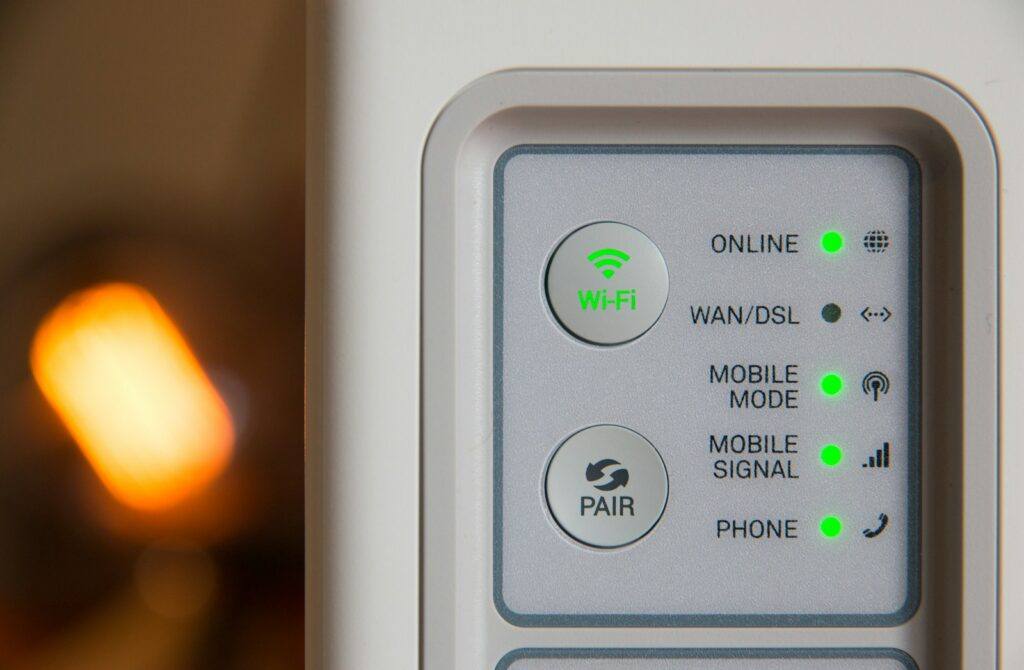In densely populated urban areas, reliable WiFi connectivity has become essential for both businesses and individuals. With numerous devices vying for bandwidth and countless networks competing for attention, maintaining a stable connection can be challenging. Understanding the unique demands of bustling cities is crucial for ensuring seamless connectivity that keeps teams and customers satisfied. Effective WiFi solutions can empower businesses to operate smoothly, enabling productivity and fostering customer engagement.
The Challenges of City WiFi
Cities are often filled with high-rise buildings, cafes, and public spaces, all teeming with WiFi networks. This dense environment can lead to signal interference, reduced speeds, and frustrating user experiences. Factors such as distance from access points, physical obstructions, and the sheer number of devices can complicate wireless connectivity.
Many businesses struggle with slow connections and dropped signals due to these urban challenges. Identifying how to mitigate these issues is essential for creating a dependable WiFi network that supports daily operations and customer interactions.
Importance of Site Surveys
Conducting a comprehensive site survey is the first step in designing an effective WiFi solution. This process involves assessing the physical space, identifying potential sources of interference, and mapping out existing networks. Through careful analysis, businesses can determine the optimal placement of access points to maximise coverage and minimise dead zones.
A thorough site survey helps to understand the specific challenges an organisation faces in its environment. By identifying potential obstacles, tailored WiFi solutions can be created to meet unique business needs.
Choosing the Right Wifi Equipment
Investing in high-quality equipment is crucial for establishing a robust WiFi network. In urban areas, businesses often require enterprise-grade access points capable of handling multiple connections simultaneously. Features like beamforming technology and dual-band capabilities can help enhance performance by directing signals to specific devices and reducing interference from neighbouring networks.
Partnering with leading manufacturers ensures access to the latest WiFi technology. It’s essential to recommend equipment that aligns with the specific needs of a business, ensuring a reliable and efficient network.
Optimising Network Performance
Once the equipment is installed, ongoing optimisation is essential for maintaining peak performance. Regularly monitoring the network allows businesses to identify issues before they escalate. This includes adjusting configurations, updating firmware, and ensuring that devices operate on the best available channels.
Continuous support is vital in helping businesses optimise their WiFi networks. Insights and recommendations based on real-time data assist clients in adapting to changing conditions, ensuring their networks remain efficient.
Security Considerations
In urban environments, security is a significant concern, especially with multiple networks present. Protecting sensitive data is paramount. Implementing strong encryption methods, creating secure guest networks, and regularly updating security protocols are vital steps in safeguarding business operations.
Comprehensive strategies to protect WiFi networks are crucial for any organisation. Best practices should be followed to ensure robust security measures are in place, tailored to the specific needs of each business.
Finally
Reliable WiFi solutions are essential for businesses operating in urban environments filled with competing networks. By conducting thorough site surveys, investing in quality equipment, optimising performance, and prioritising security, companies can create a stable and secure WiFi network that supports their operations. Now is the time to take charge of your WiFi needs and pave the way for a more connected future. With the right approach, businesses can thrive in this challenging landscape, ensuring seamless connectivity and enhanced productivity.
